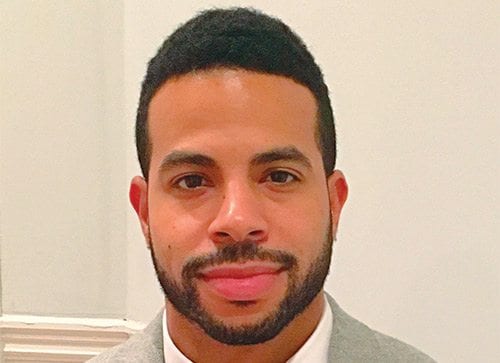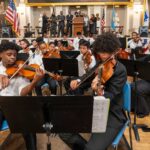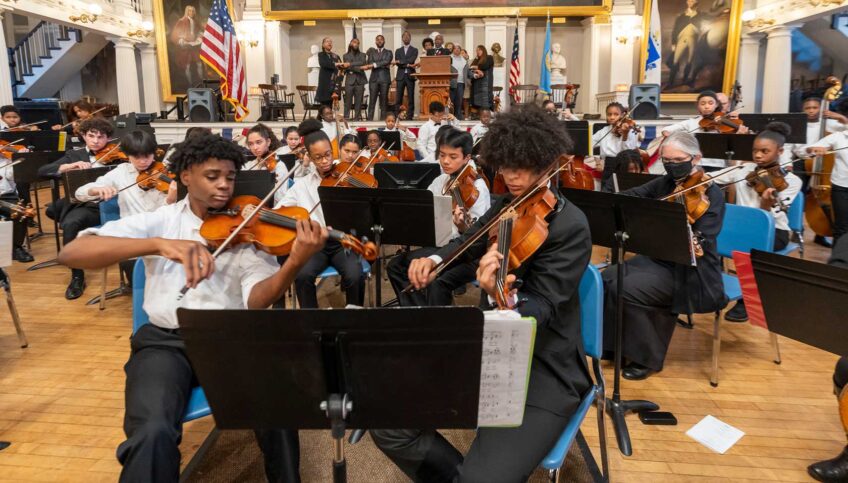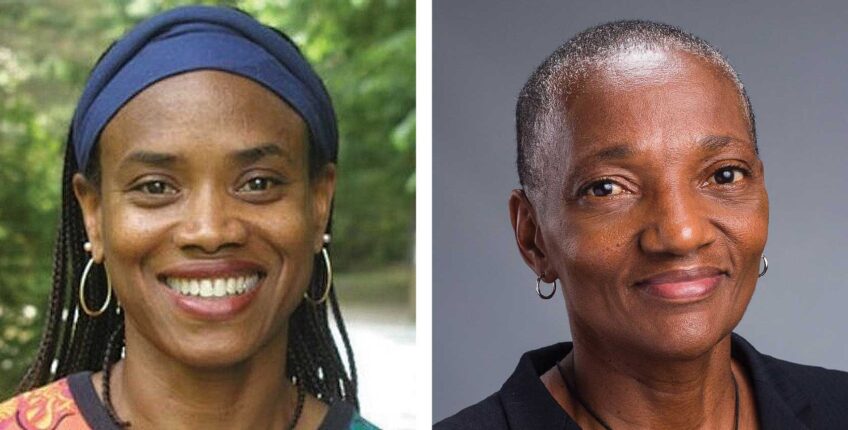
Colin Rose has been appointed Assistant Superintendent of Opportunity and Achievement Gaps for the Boston Public Schools. In his new role, Rose will attack cultural and structural barriers and promote culturally sustaining practices enabling traditionally marginalized students to engage in rigorous curriculums and pedagogy in Boston’s schools, thus creating opportunity and access they need to close performance gaps.
Rose spent the past 10 years an educator at the Higginson/Lewis K-8 School in Roxbury. As part of the leadership team, Dr. Rose was able to serve in many capacities beyond his teaching responsibilities including planning and facilitating professional development, building curriculum with students, parents, and community partners for targeted interventions, as well as taking the role of school leader when the building administrator was away.
In addition to the work at his school site, Dr. Rose was a member of numerous citywide initiatives, including working groups tasked to bridge the district’s alignment to the Common Core, coordinating Acceleration Academies during school vacations and serving on the Extended Learning Time Taskforce, which is helping to plan the implementation of extended learning time for all BPS elementary, middle, and K-8 schools. He is also a member of the BPS Male Educators of Color, who are focused on diversity within the school district and the improvement of educational outcomes for students of color.
Beyond the BPS, Dr. Rose also has worked as a consultant for the University of Pittsburgh’s Institute for Learning, creating curriculum tasks that were used in professional developments to help large urban districts across the country align to the Common Core. He was a teaching fellow at the Harvard Graduate School of Education’s Data Wise Institute and currently is a lecturer at the University of Massachusetts Boston in the Graduate School of Education.
Dr. Rose earned a B.S. in communications and an Ed.M from Boston University. He received his doctorate in education from the University of Massachusetts Boston, where he was asked to present his research multiple times at the university’s annual Night of Scholarship and also served on the initial Doctoral Student Advisory Committee.






